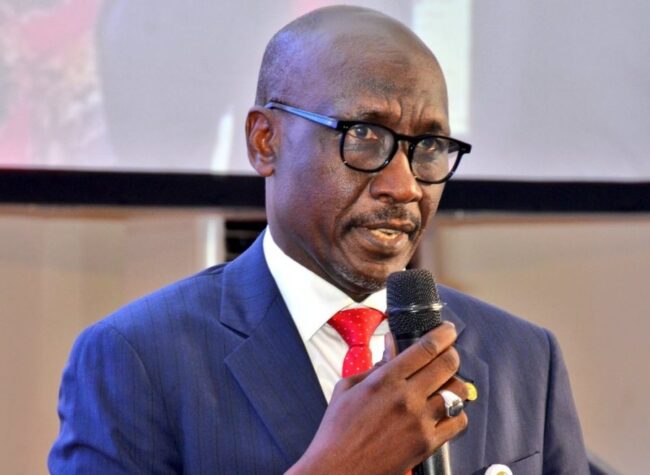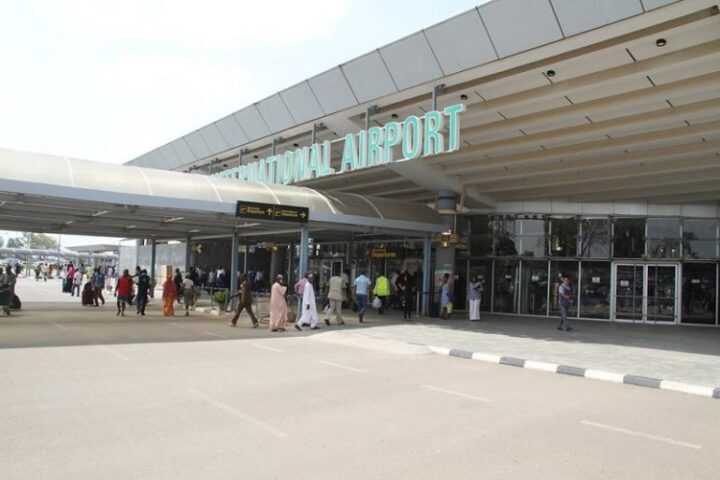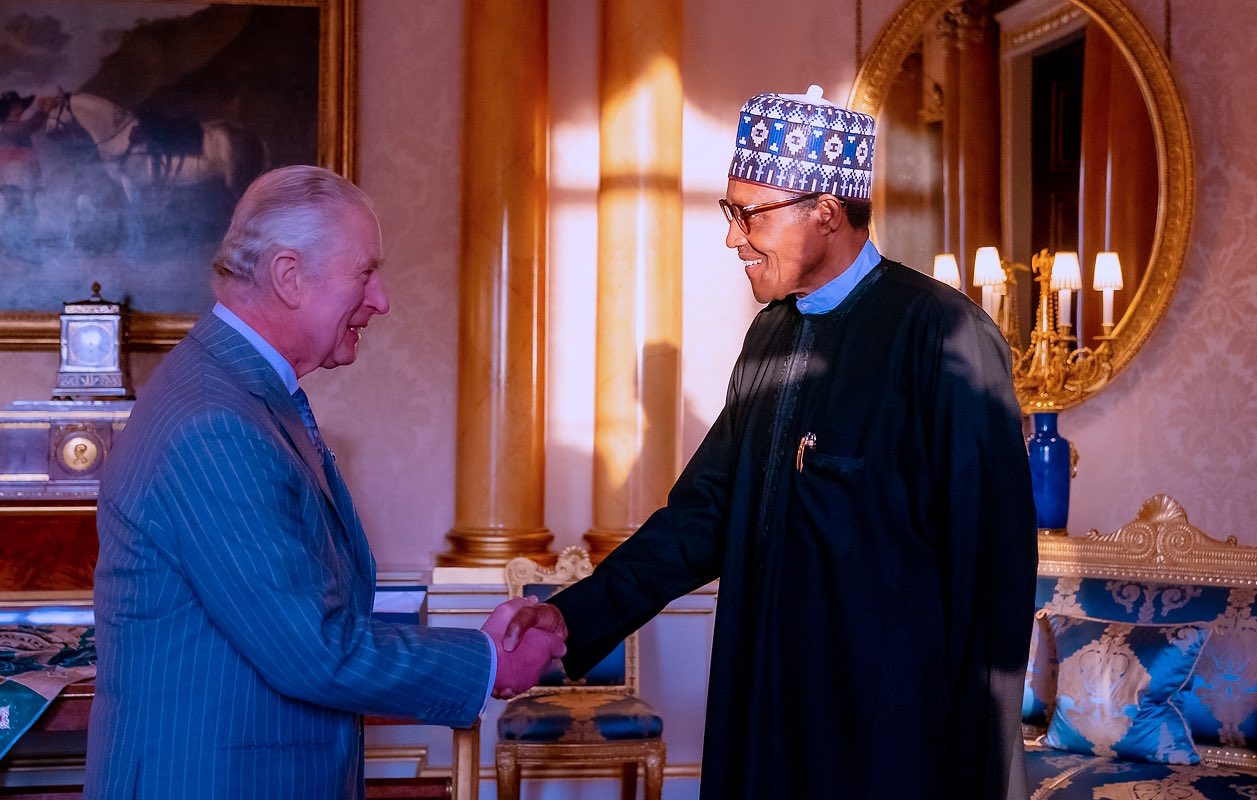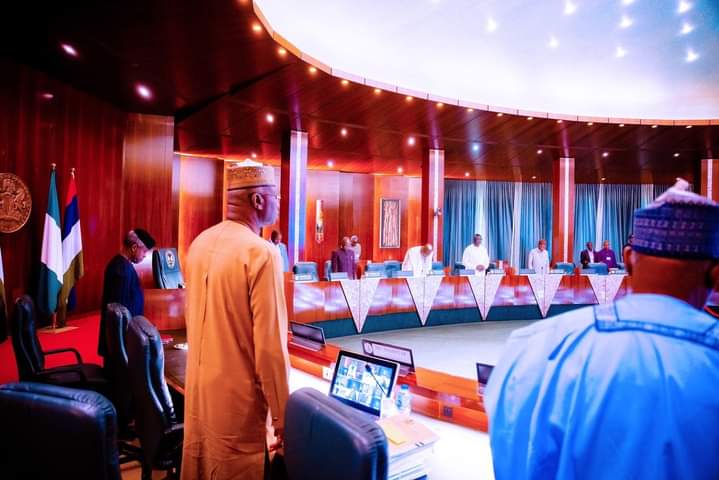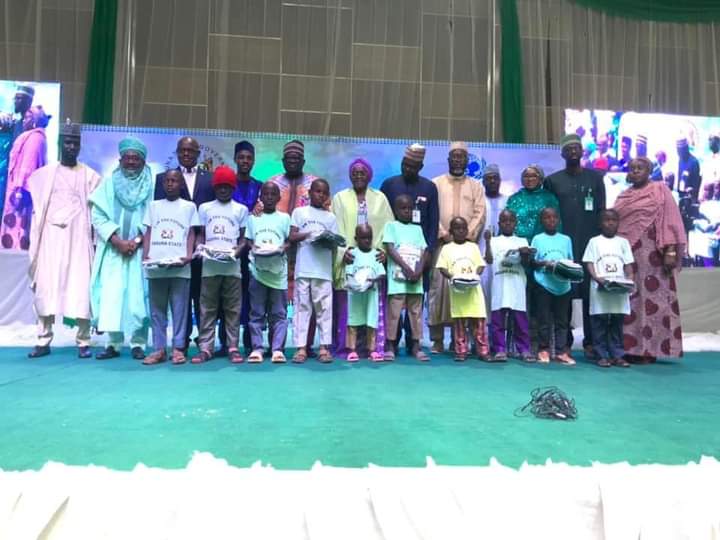Mele Kyari, group chief executive officer (GCEO) of the Nigerian National Petroleum Company (NNPC) Limited, says his life is being threatened for working to reform the nation’s oil sector.
Kyari said this on Wednesday while delivering a keynote address at the legislative transparency and accountability summit organised by the house of representatives committee on anti-corruption.
Crude oil theft has been on the rise in Nigeria, leading to low output and declining revenue despite increased prices at the international market.
The Nigerian Upstream Petroleum Regulatory Commission (NUPRC) recently said the country loses more than 115,000 barrels per day to oil theft and vandalism.
Advertisement
Oil producers in Nigeria had also decried the activities of vandals, adding that illegal oil bunkers raked in ‘petrodollars’, while Nigeria is bedevilled by low production.
Although many parts of the Niger Delta have become oil theft crime scenes, the most affected with drastic consequences, is the Trans-Niger Pipeline (TNP), a major pipeline capable of transporting about 180,000 barrels of crude per day.
In April, 2022, Kyari said oil theft is an elitist business, adding that the country needs speedy establishment of a special court to try cases of oil theft.
Advertisement
However, the NNPC, in collaboration with security agencies, has intensified the fight against oil theft by shutting down a significant number of illegal refineries in recent months.
Speaking at the summit on Wednesday, the NNPC GCEO said the reformation in the sector comes with a “personal cost”.
“Without mincing words, I want to say that this industry is on a threshold of change,” Kyari said.
“There is massive change going on and it is very expensive and of personal cost to many people including myself.
Advertisement
“There is a threat to life, I can say this. I have several death threats, but we are not bothered about this, we believe that no one dies unless it is his time.
“But this is the cost of change. When people move away from what they are used to, [to] something that is new, that will take away value and benefit from them, they will react.
“That reaction is benefit to all of us and we will work together to make sure it works out.”
Advertisement
Add a comment
